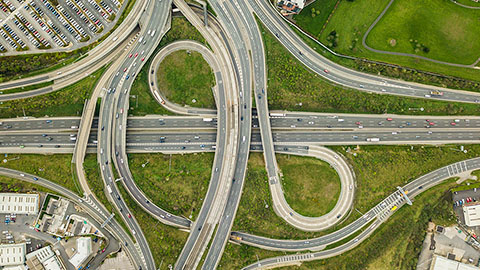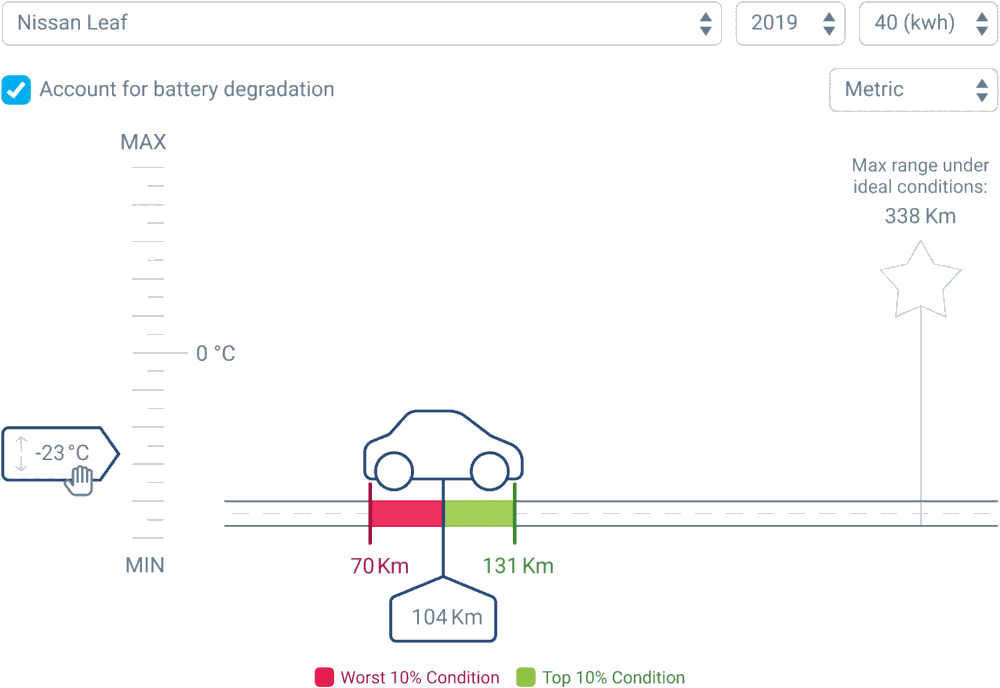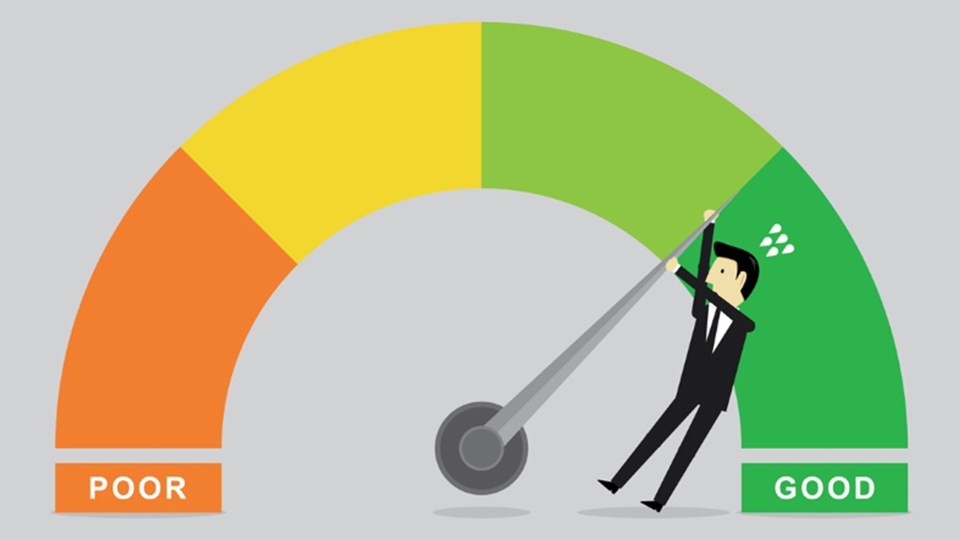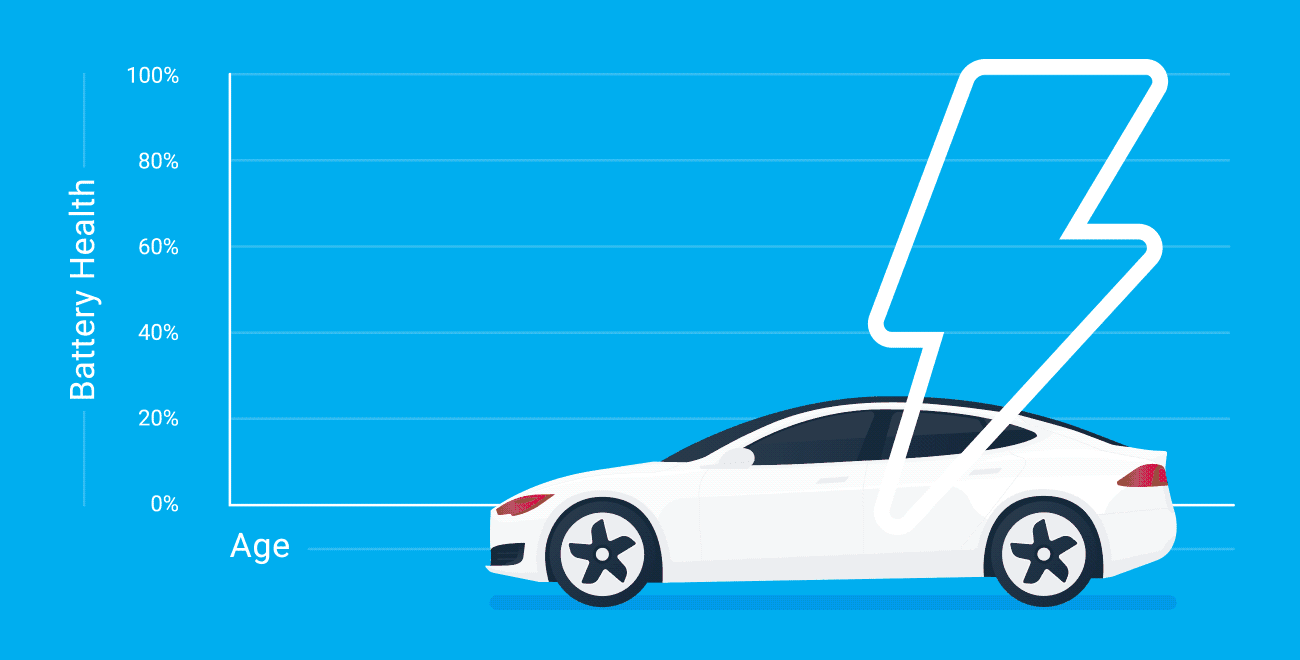Businesses Need to Get Out of The Slow Lane for Electric Vehicle Transition
The Corporate Sustainability Reporting Directive (CSRD) will place increased focus on sustainability efforts.


For all the talk of planes and cattle in relation to climate change, people might be surprised to hear that transport accounted for 21.4% of Ireland’s greenhouse gas emissions in 2023. No wonder the Minister for Transport called out fleet electrification as the single biggest policy lever within the Government’s Climate Action Plan, with a goal of reducing transport emissions by 50% by 2030.
The Government has set out a headline figure of having 945,000 EVs on Irish roads by 2030 and progress is being made towards this target, but scratch beneath the surface and it quickly becomes apparent that the business community needs to do more. One data point from the Society of the Irish Motor Industry’s (SIMI) monthly sales figures highlights this. Last month electric vehicles (EVs) made up 13.27% of all passenger car sales. Contrast this to sales of light commercial vehicles (LCVs), where electric models made up only 2.12% share. During the course of 2024, 13,875 electric passenger cars have been sold, compared to just 536 electric vans - this equates to 26 electric cars being sold for every electric van that drives off the forecourt of a dealership.
Obviously different companies have a wide variety of vehicles in their fleets, varying from passenger vehicles to lorries, not all of which have an equivalent electric model. Looking simply at LCVs though, between tradespeople and online delivery drivers, we have all seen more vans on the road. This is a trend which is only going to continue as momentum behind the shift to digital services post-pandemic increases and the growth in construction-related activity rises.
The primary factors holding back businesses from switching to EVs boil down to price and the public charging network. Amidst this conversation however, is another factor that will place an increased focus on sustainability efforts - the roll out of the Corporate Sustainability Reporting Directive (CSRD).
Scope One of the CSRD specifically requires businesses to report on emissions by vehicles with internal combustion engines owned by a company. While this only applies to companies with over 500 staff at present, by 2027 this will include organisations with over 10 staff and turnover of €700,000 or more. Reporting won’t simply be a case of window dressing as their business customers are likely to ask for the information in order to meet their own scope three emissions requirements. Clearly this will play out with procurement placing a preference on companies with lower carbon footprints. As a result, this increased focus on sustainability is going to mean that companies will need to take a more proactive approach to EV transition.
While a number of organisations have pointed out different measures that the Government could adopt to increase the takeup of EVs by businesses, education is a crucial part of dispelling the myths around electric vehicles. Despite cost coming up repeatedly in conversations, there is independent research by organisations like Transport & Environment which shows that electric light commercial vehicles are already cheaper than their diesel equivalents when companies consider the total cost of ownership, which factors in running and maintenance costs in addition to the purchase price. Looking at six European markets, Transport & Europe found that the average EU electric LCV is 25% cheaper than the average diesel equivalent (0.15€/km for electric vs 0.20 €/km for diesel.) Similarly arguments about range and the public charging network do not stack up. Our own analysis has shown that 86% of fleet range needs can be satisfied by an EV for 98% of the time.
That is not to say that the Government could not do more. Freight Transport Association (FTA) Ireland’s recent budget submission makes for interesting reading in that regard. In it, FTA Ireland points out that electric commercial vehicles currently incur higher tax burdens due to the heavier battery weight associated with EVs, resulting in significantly higher VRT charges compared to diesel equivalents. The organisation suggests that the VRT for electric equivalents should be capped at the rate applicable for the diesel equivalent in order to make them more appealing to buyers.
Given the Government’s emphasis on a home charging network for EVs, FTA Ireland has also recommended reexamining the unintended Benefit in Kind consequence for employers where they install home chargers for their employees. In this instance, the representative organisation suggests changing the designation of EV chargers to provision of work-related equipment.
While education is required to dispel some of the myths about EVs, it is clear that the Government may need to revisit incentives for zero emission vehicles in Budget 2025 next month. The reality is that there is an uphill struggle to hit the target of 945,000 EVs by 2030 and with business ownership of EVs lagging behind the general public, some sort of targeted intervention is likely to be required to put things back on track.
Climate change is the biggest global challenge of our time and fossil fuel combustion is one of the primary factors behind it. The electric vehicle transition represents a unique opportunity for businesses to leverage their scale and help the Government achieve its goals for reducing transport emissions. Taking a long-term view, not only will this benefit society, but it will also improve their bottom line due to the lower total cost of ownership associated with EVs and reduced exposure to fluctuating petrol and diesel prices.

Phil Barnes is the Business Development Manager for Geotab Ireland.
Related posts





